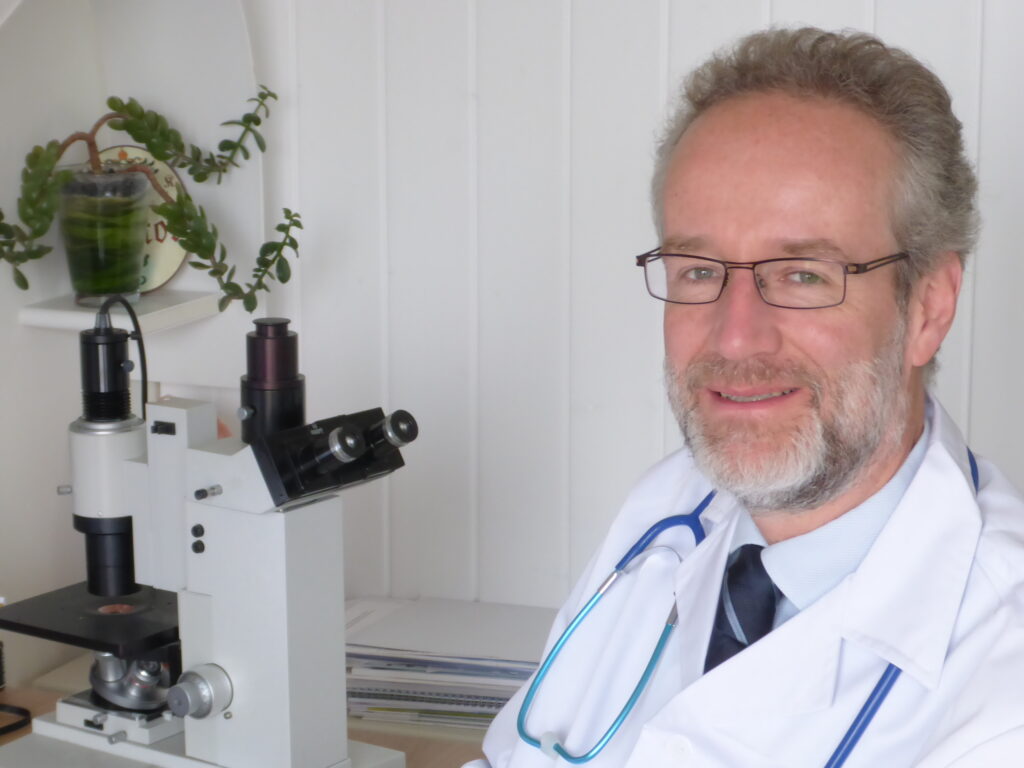
My job at Rigi Care builds on the decades of my medical journey, but remains challenging every day, as international science and research constantly move the boundaries for what is possible to treat and how best to treat it – combined with the infinite number of ways we humans get into health trouble, abuse our health, or lack the knowledge to care for ourselves in a better way in the middle of our busy, demanding lives.
“If a treatment is not available, it can be developed.”
